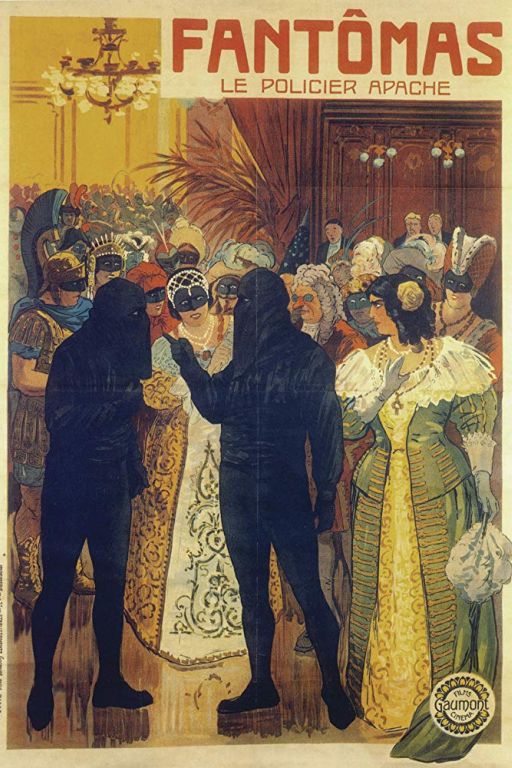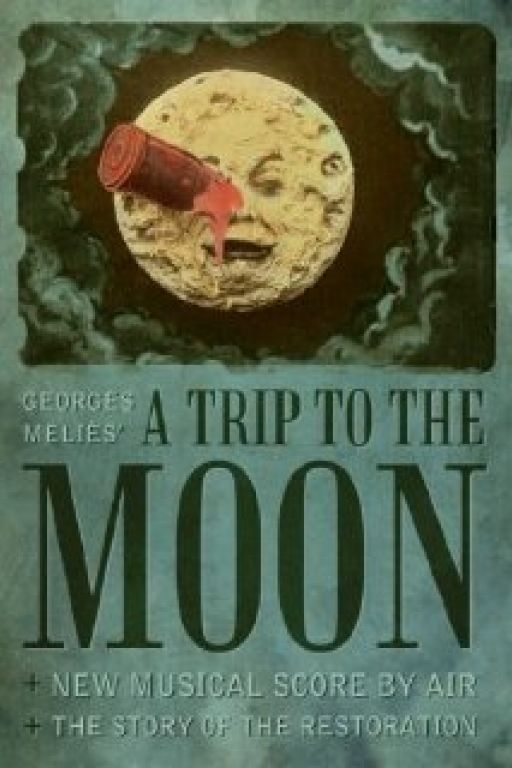Die erste öffentliche Filmvorführung fand am 28. Dezember 1895 in Paris statt. Dieses Datum wird nicht nur als Beginn der Filmgeschichte, sondern auch als Anfang der Filmindustrie bewertet. Louis Lumiere, Erfinder des Cinematographen und gemeinsam mit seinem Bruder Auguste Hersteller der ersten Filme, musste einem Cafehausbesitzer 30 Francs Miete am Tag zahlen, wobei seine Einnahmen schon bald bei 2000 Francs lagen. Um die Jahrhundertwende bemächtigten sich die ersten Filmkünstler des französischen Marktes. Georges Melies errang grosse Erfolge mit seinen phantastischen Zauberdramen und eröffnete sogar eine Filiale in den USA. Sein mächtigster Konkurrent erwuchs Melies in Charles Pathe, der sich in Europa und den USA das absolute Monopol eroberte. Pathe rivalisierte mit Gaumont von denen er um 1910 überflügelt wurde. Behaupten konnte sich nur England gegenüber den Franzosen, doch der Niedergang setzte mit dem Aufstiegs von Pathe bereits 1902 ein. Eine Flut von Kostümfilmen kam ab 1905 aus Italien, während des ersten Weltkrieges erlebte der dänische Film seine Blüte. Die Deutschen begannen sich während des ersten Weltkrieges für Film zu interessieren, 1917 verfügte Ludendorf den Zusammenschluss von Messter, Pagu und der Nordisk zur UFA, die den mittel- sowie südosteuropäischen Markt fast konkurrenzlos dominierte. 1896 fand die erste Filmvorführung in Amerika statt. Der Vorführapparat stammte von Thomas A. Edison, der erste Filmtrust war die Motion Picture Parents Company. Durch das aufkommende Starsystem und die ersten Langfilme wurde das Monopol des ersten Trust gebrochen. Unternehmer wie William Fox, Samuel Goldwyn oder George Zukor machten Hollywood zum wichtigsten Produktionszentrum der USA. Die ersten Filme aus den USA waren anders als die Filme von Melies realistisch. Edwin S. Porter´s The great train robbery spielte mit den Möglichkeiten des verknüpften Szenenwechsels D. W. Griffith war der grosse Neuerer bis zu seinem unglaublichen Epos Birth of a nation, der Filmkunst der literarischen Tradition des 19. Jahrhunderts anschloss. - The first public screening took place on 28 December 1895 in Paris. This date is not only regarded as the beginning of film history, but also as the beginning of the film industry. Louis Lumiere, inventor of the cinematograph and, together with his brother Auguste, producer of the first films, had to pay a café owner 30 francs a day in rent, whereby his income soon amounted to 2000 francs. Around the turn of the century, the first film artists seized the French market. Georges Melies achieved great success with his fantastic magic dramas and even opened a branch in the USA. His most powerful competitor Melies grew up in Charles Pathe who conquered the absolute monopoly in Europe and the USA. Pathe rivaled Gaumont who outwitted him around 1910. Only England could assert itself against the French, but the decline began with the rise of Pathe already in 1902. A flood of costume movies came from Italy from 1905, during the First World War the Danish film experienced its bloom. The Germans began to be interested in film during the First World War, in 1917 Ludendorf ordered the merger of Messter, Pagu and the Nordisk to the UFA, which dominated the Central and Southeast European market almost without competition. In 1896 the first film screening took place in America. The projection apparatus came from Thomas A. Edison, the first film trust was the Motion Picture Parents Company. Due to the emerging star system and the first feature films the monopoly of the first trust was broken. Entrepreneurs like William Fox, Samuel Goldwyn or George Zukor made Hollywood the most important production center of the USA. The first films from the USA were different from Melies' films in that they were realistic. Edwin S. Porter´s The great train robbery played with the possibilities of the linked scene change D. W. Griffith was the great innovator until his incredible epic Birth of a nation, in which film art joined the literary tradition of the 19th century.
Do, 01/08/2013 - 20:02











Werde Teil der Community
Schreibe Kommentare, vote für Deine Favoriten oder sende uns Deinen Film-Vorschlag.